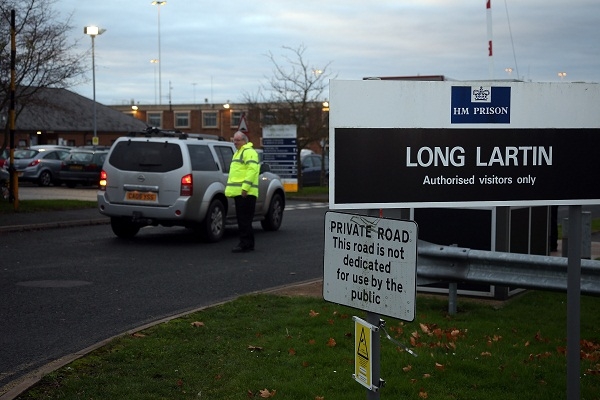Just last month I wrote about the inverted priorities of our judiciary and police who busy themselves with the arrest of individuals for things posted on social networking sites.
Earlier today police bailed a 19 year old man after he was arrested for posting a video of a burning poppy on Facebook. The video was allegedly accompanied by a statement which read: ‘How about that you squadey c****.’ The sentiment is undoubtedly crass and offensive, but I suspect few would support his prosecution for offences under the Malicious Communications Act 1988.
In itself this is a remarkable indication of just how inverted the police’s priorities have become. Yet, he is not the only suspect to be bailed today. Abu Qatada will also walk free this afternoon despite frantic attempts by the Home Office to deport him to Jordan where he is wanted in connection with terrorism charges.
What has saved Qatada from the same tabloid notoriety gained by his Islamist counterparts is that he doesn’t speak English. Thus, whilst Abu Hamza and Omar Bakri were making incendiary statements easily digested by the press, Qatada has enjoyed a lower profile primarily because he couldn’t communicate his message in English.
None of this should detract from the potency of his threat. Qatada’s jihadist credentials are impeccable. During the 1990s, many Islamists linked to Osama bin Laden established a sophisticated network for him in London. At one stage bin Laden even used a PO Box registered to an address in Holborn as his return mailing address.
Qatada was part of that loose milieu of Arab Islamists who based themselves in London during that time. The extent of his association was captured by a Spanish judge who, when investigating the Madrid bombings which claimed 191 lives, described Qatada as ‘Osama bin Laden’s ambassador to Europe.’ Indeed, militant groups from Gaza to Mali have threatened reprisal attacks against Britain if he is mistreated. How curious then, that to be arrested and charged in this country one need only post distasteful comments on social networking sites while those with established links to international terrorists are able to enjoy liberty at our expense.






Comments